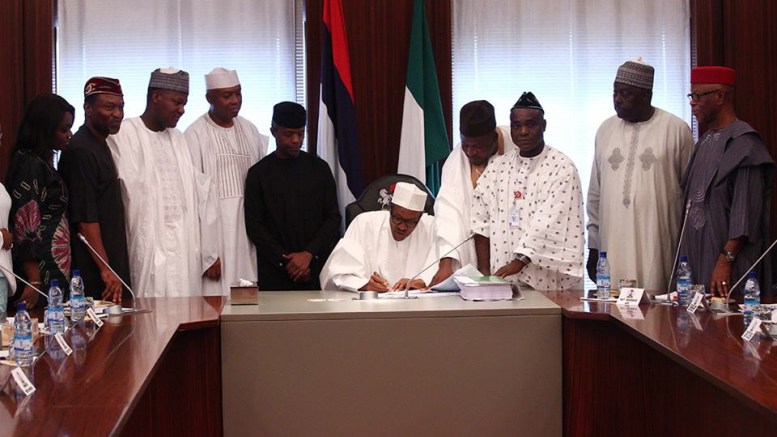Fitch Rating Agency has warned the Central Bank of Nigeria and the Buhari led federal government of the far reaching economic consequences of continued borrowing from the Central Bank of Nigeria to finance the economy. Fitch has thus advised President Muhammadu Buhari to stop taking loans from the Central Bank of Nigeria (CBN), to run the Nigerian economy. In a statement made available to members of the public, Fitch said the constant running to the apex bank to get funds “could raise risks to macroeconomic stability.” Already inflation rate has risen to above 15 per cent as prices of goods and services have hit the roof top.
Unlike the government, we include this balance in our metrics for Nigeria’s government debt. Borrowing from the facility accounted for 30 per cent of the FGN’s debt at end-2019, on our estimates,” the agency said. The rating agency warned Nigeria to reduce its use of the facility in 2021 because of its weaknesses in public finance management and the current weak institutional safeguards. It said normally, the limit for the use of the Ways and Means Financing facility by the government should be 5 per cent of the previous year’s fiscal revenues, but the recent borrowing from the “CBN has repeatedly exceeded that limit in recent years, and reached around 80 per cent of the FGN’s 2019 revenues in 2020.”
Fitch further said it “views the Nigerian government’s fiscal revenue and expenditure projections for 2021 as broadly realistic, which should preclude further significant borrowing by the sovereign from the CBN facility this year. The government may nonetheless use the facility more extensively if the deficit proves wider than forecast or if external financing falls short of planned amounts. Monetary financing of the fiscal deficit raises challenges to monetary policy implementation, as tight management of domestic liquidity is a key tool under the CBN’s policy of prioritising the stability of the Naira. It could also complicate official efforts to bring inflation back under control.”

